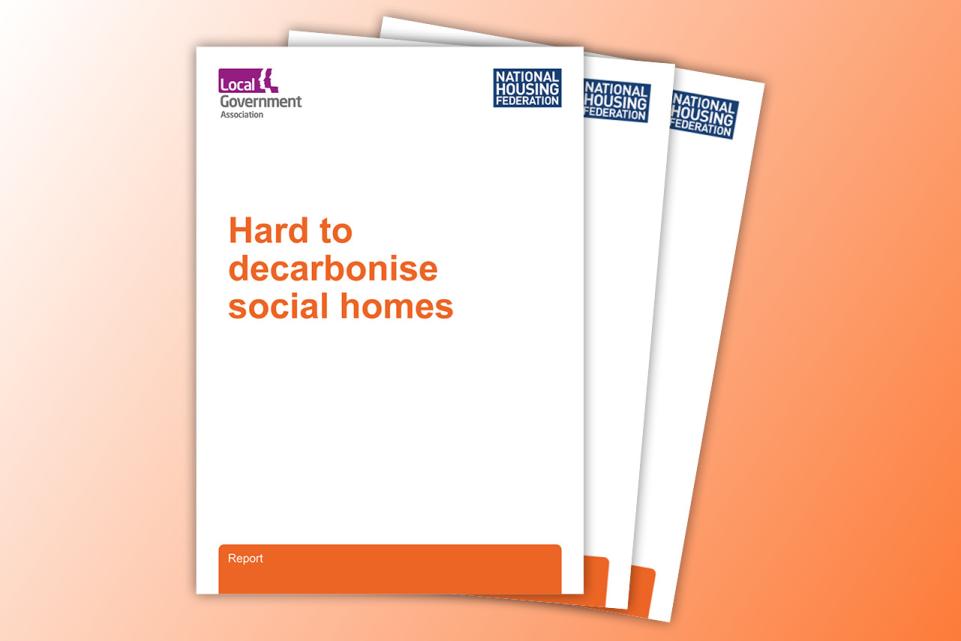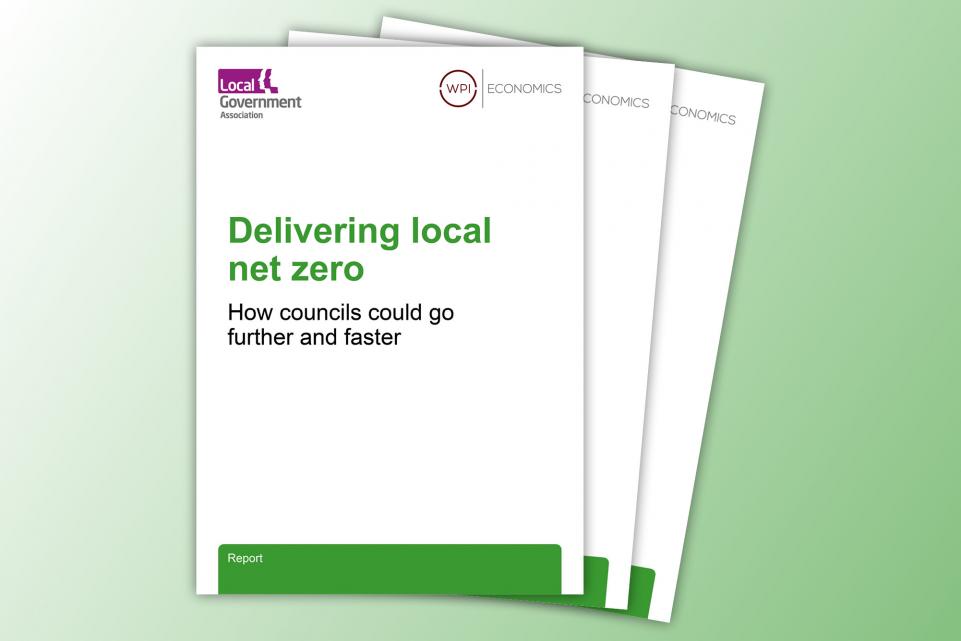Taking action to limit global warming.
The Climate Change Committees June 2023 ‘Progress in reducing emissions’ Report to Parliament highlights the lack of urgency from Government. While the policy framework has continued to develop over the past year, this is not happening at the required pace for future targets.
The report points out that clear, joined-up cross-department coordination and guidance for local government is still lacking. Net Zero implications and regulation are not embedded within other policies which affect local authorities, such as the Environment Act and the NPPF. This must be addressed to enable consistent but appropriately flexible delivery, while allowing local government to also address adaptation and nature recovery goals.
There are currently large capability and capacity gaps that are preventing many local authorities from benefiting from accessing funding streams or implementing guidance. Long-term funding is needed to address these gaps to allow local authorities to develop credible Net Zero and climate resilience plans that deliver upon the roles and responsibilities that they are expected to meet. This should be achieved by simplifying and consolidating the large variety of funding pots that are available, as highlighted in the Skidmore Review (recommendation R2023-153).
Our Green Heat report gets the ball rolling. Focusing on decarbonising heat and buildings, the report recommends that by the end of 2023 Government should agree a funding deal up to 2026 with every council to lead additional efforts to tackle fuel poverty and decarbonise social housing, leaving councils free to decide how they work towards this objective.
From 2025/2026 to 2028/2029 all areas should aim to have a plan for decarbonizing heat and buildings, backed by three-year place-based funding allocation from central government.
From 2029/2030 onwards the government should provide the funding, incentives, and powers to support councils to come together to build the scale to deliver local decarbonization strategies including objectives to develop blended finance models.
We know councils can deliver when provided with the funding certainty and agency. Our report on Neighbourhood approaches to decarbonisation includes 15 case studies of councils leading the way with decarbonization.
The evidence from the study shows that while there is no one-size-fits-all approach to decarbonization, successful strategies include tailored community engagement, offering local people simple but tangible ways to be involved in the climate transition, and timely technical communications from trusted messengers. Only deliverable through a place-based approach.




